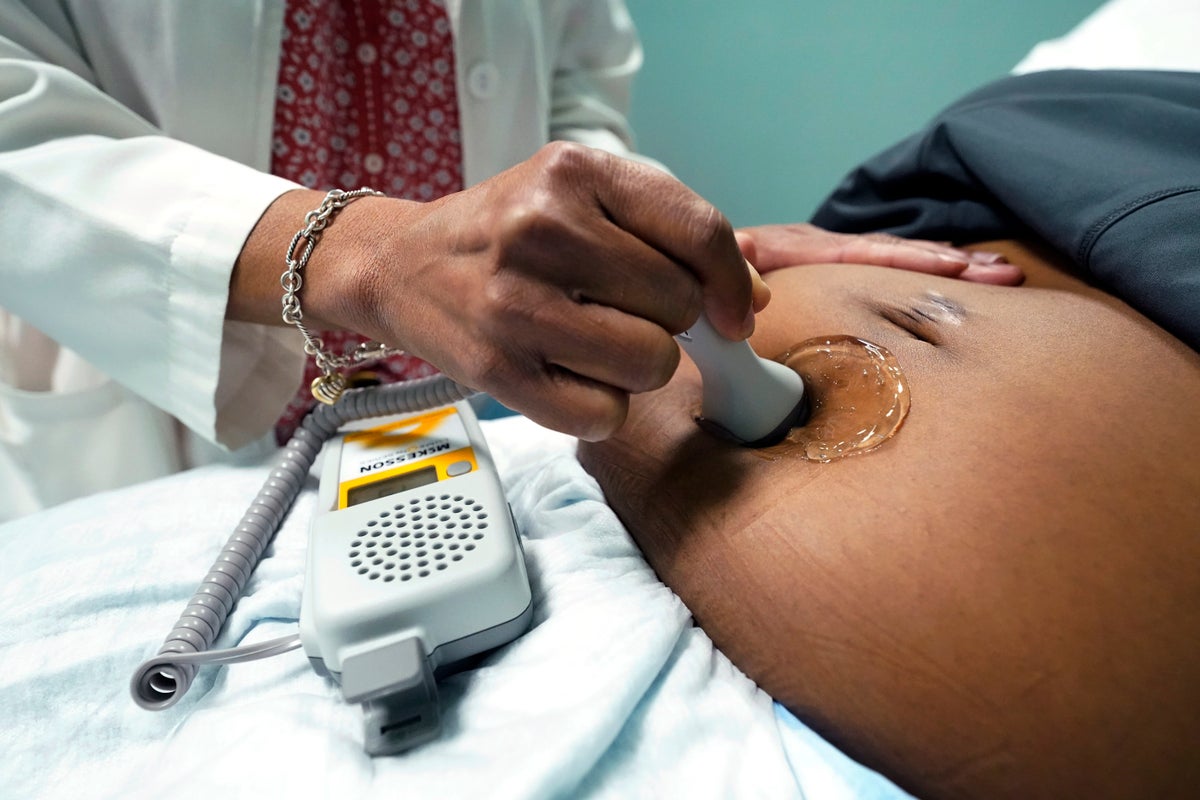
As the first bills trickled in Thursday for Louisiana's upcoming legislative session, among them is proposed legislation that would allow mothers to “recover” 50% of out-of-pocket pregnancy-related medical expenses from the father of their child.
House Bill 5, which Republican state Rep. Larry Frieman pre-filed Thursday, is of particular interest in Louisiana where there is a near-total abortion ban. The only exceptions to the ban are if there is substantial risk of death or impairment to the patient if they continue with the pregnancy and in the case of “medically futile” pregnancies — when the fetus has a fatal abnormality. There are no exceptions for rape or incest.
Under the bill, the mother would have to sue the father before the child turns 2 and only if the paternity of the child has been proved by “clear and convincing evidence.”
“The bill is really about fundamental fairness,” Frieman, a defense attorney, told the Associated Press. “It’s not fair to have women have to bear all the out-of-pocket medical expenses for pregnancy. And in Louisiana, there is no mechanism in the law that allows her to recover.”
Health costs associated with pregnancy, childbirth, and post-partum care average a total of $18,865, according to a 2022 study by the Kaiser Family Foundation. However, the average out-of-pocket payments total $2,854 for women enrolled in large group plans. Those costs do not include the amount spent on heath insurance premiums or extra bills from out-of-network providers.
Another Louisiana GOP politician proposed a similar bill on a national scale last year.
U.S. Rep. Mike Johnson introduced the Unborn Child Support Act, which would make it possible for pregnant mothers to collect child support starting at the moment of conception. The bill never made it to the U.S. House floor for debate, but Johnson plans on reintroducing it this session.
In 2021, Utah became the first state to mandate prenatal child support. At the time a few other states, including Wisconsin and New York, had provisions that could result in fathers being financially responsible for pre-birth expenses.
Proponents of the Utah law, which requires the father to pay half of a woman’s out-of-pocket pregnancy costs, presented the legislation as an effort to decrease the burden of pregnancy on women and increase responsibility for men who have children. When the law was proposed, critics argued that it wouldn’t help women who are most vulnerable and could make abusive situations even more dangerous for pregnant women.







